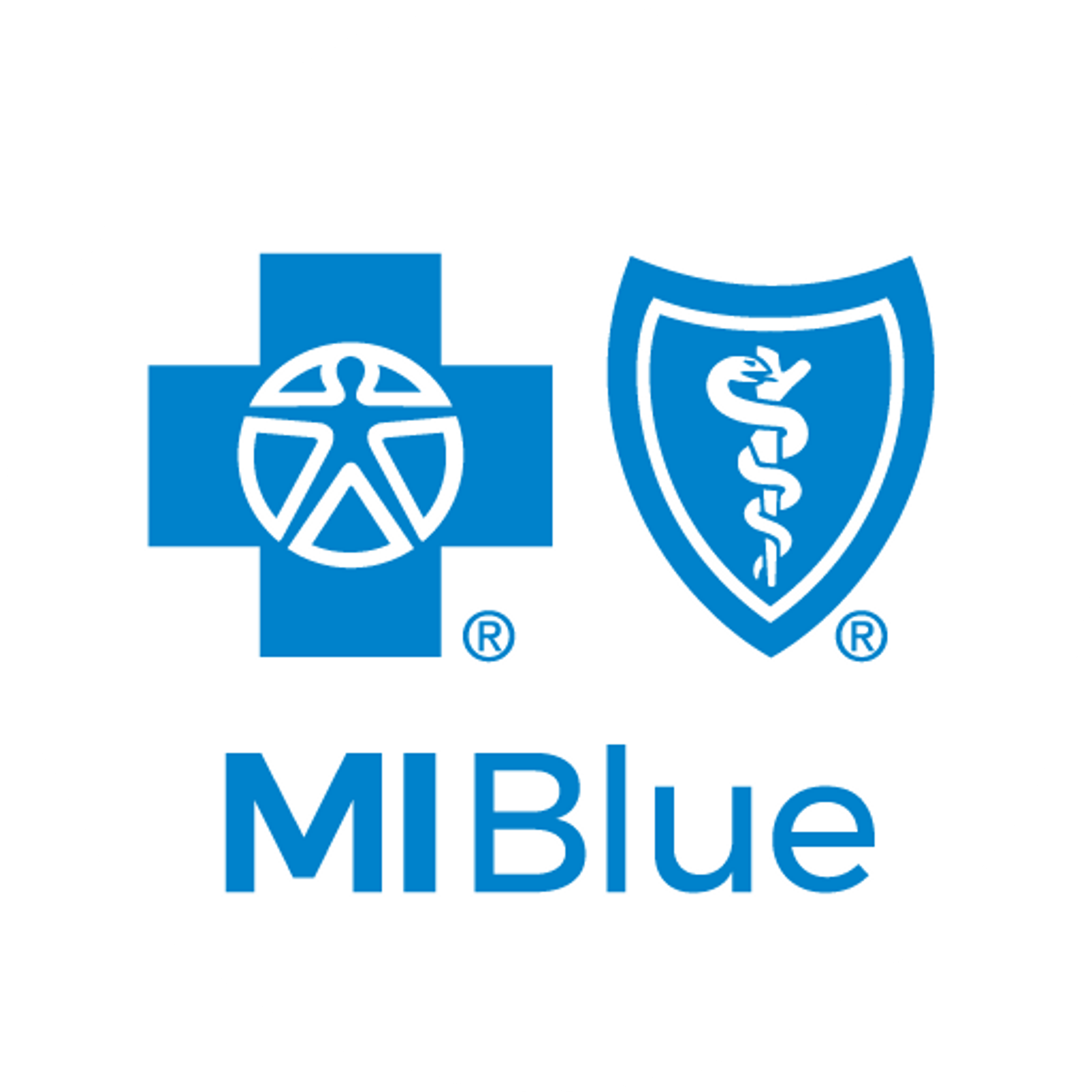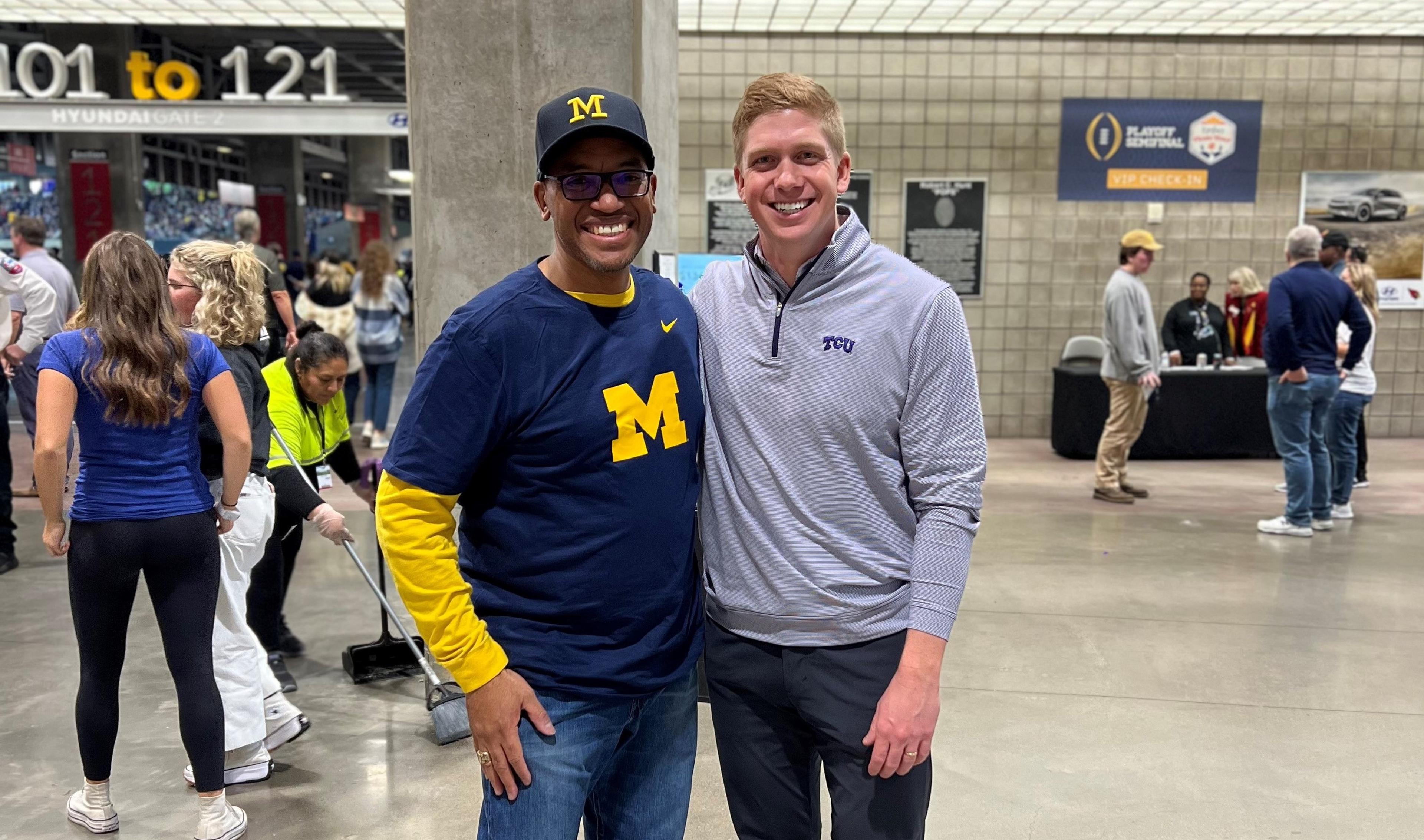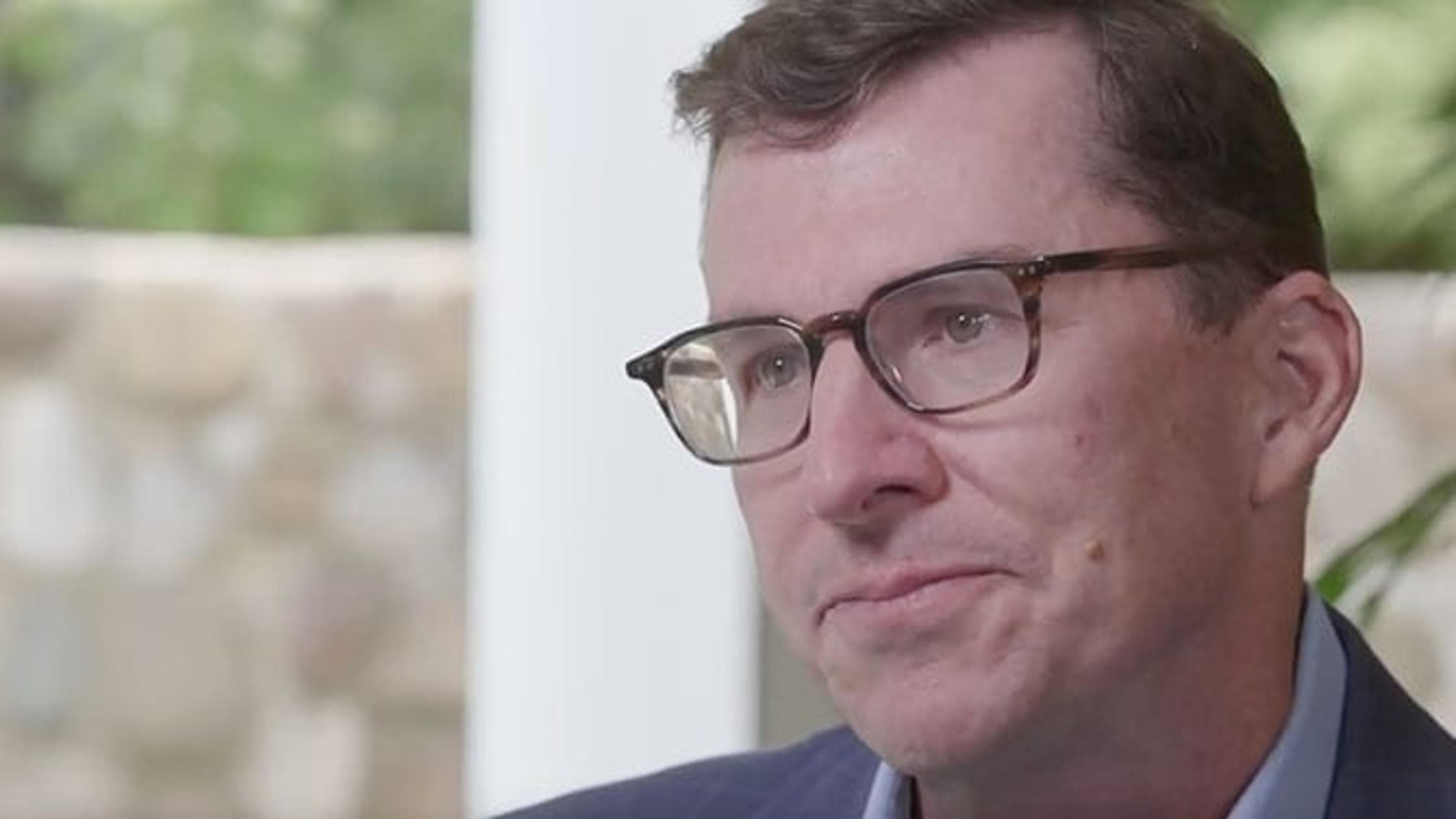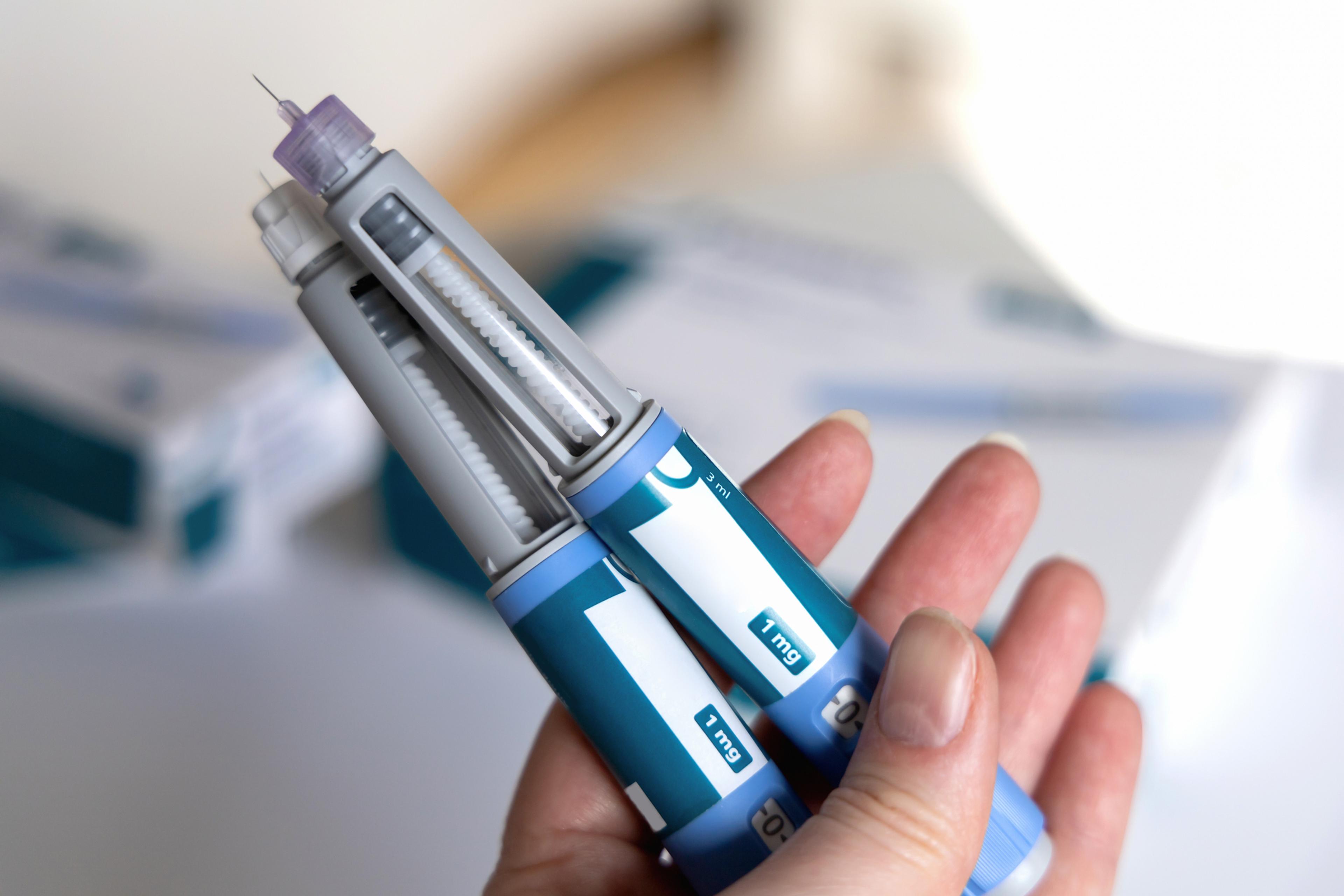A Weight Loss Trend Has Impacted Access to Diabetes Medications: Why Blue Cross is Taking Action

Blues Perspectives
| 3 min read

A weight loss trend that has gone viral has exacerbated supply chain issues, disrupting the availability of a class of Type 2 diabetes drugs in the U.S.
It’s put many individuals living with Type 2 diabetes at risk, as taking medication as prescribed is one of the most important parts of managing their health condition.
“Without ready access to medications, a person with Type 2 diabetes is at risk of their condition getting worse,” said Dr. James Grant, chief medical officer at Blue Cross Blue Shield of Michigan. “Which means they may develop further complications like heart disease or kidney disease, and ultimately they may need additional, if not emergency medical care.”
Ozempic® shortages and a viral trend
The use of Type 2 diabetes drugs like Ozempic (whose active ingredient is semaglutide), have gained much media attention for their weight loss effects.
Ozempic is a glucagon-like peptide-1 receptor agonist (GLP-1) drug, and it helps people with Type 2 diabetes regulate the release of insulin and lower their blood sugar. It also slows emptying of the stomach which makes people feel full longer. This contributes to its “side effect” of weight loss – which is why people without diabetes want to take it and the demand for the drug is outweighing the supply.
Ozempic has faced supply issues in the past year due to shortages of another semaglutide drug: Wegovy®. Wegovy is the same drug as Ozempic – but is a higher dose and is approved by the Food and Drug Administration (FDA) to treat obesity, not diabetes. Shortages of Wegovy were common last year – and some people who had been taking Wegovy were instead prescribed the diabetes drug Ozempic by their doctors. This is called off-label use: when doctors prescribe a drug to a patient for a use that’s not approved by the FDA. Off-label use of drugs is not unusual in health care, and is not necessarily inappropriate or dangerous.
However, extensive off-label use of Ozempic throughout the past year has caused shortages for people with Type 2 diabetes. Additionally, widespread publicity of celebrities capitalizing on the weight loss properties of the drug have even further increased the demand.
The good news for people with Type 2 diabetes who use Ozempic is that there are other GLP-1 drugs for Type 2 diabetes: Bydureon®, Byetta®, Mounjaro®, Rybelsus®, Trulicity® and Victoza®. However, these drugs aren’t immune to supply issues either.
David Murray, social media manager for Blue Cross who lives with Type 2 diabetes, said his pharmacy ran out of his Trulicity prescription early in 2023. Murray finally found a different retail pharmacy that had a limited supply of the drug available – but had to go a month without the drug.
“My A1C spiked, and I found myself eating more,” Murray said. “I was fairly lucky in that I have mild Type 2 diabetes and that my health wasn’t impacted more by losing access to my prescription.”
Taking steps to secure access
As a result of these shortages, Blue Cross Blue Shield of Michigan is taking steps to ensure our commercial members with pharmacy coverage with Type 2 diabetes have access to the medications they need to manage their condition and stay healthy.
“Ensuring our members have access to safe, high-quality prescription drug therapies is our primary goal,” said Atheer Kaddis, vice president of Pharmacy Services and Chief Pharmacy Officer at Blue Cross. “We are continuously reviewing the drug development pipeline and supply chain availability to provide the best value for members, control costs and make sure members are using the right drugs at the right time.”
Blue Cross is communicating these upcoming changes with commercial members and providers to ensure a smooth transition. Members can check their coverage at any point in time by logging in to their member accounts at bcbsm.com or through the Blue Cross mobile app.





